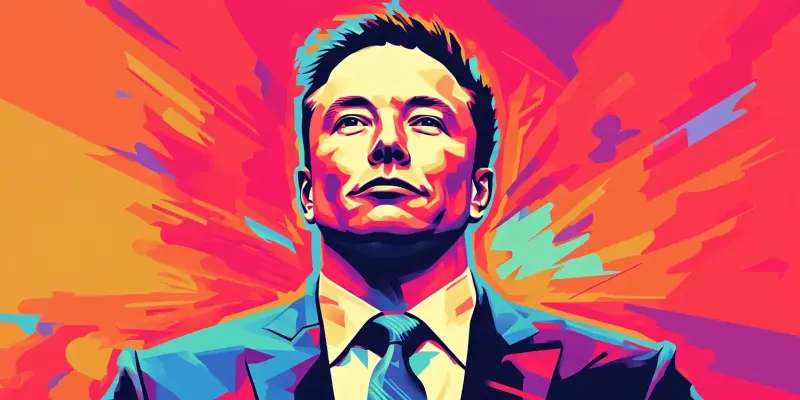Elon Musk has recently cast doubts on the capabilities and transparency of DeepSeek, a Chinese AI company founded by Liang Wenfeng in 2023. While many in the industry have been amazed by DeepSeek’s powerful and cost-efficient AI model, known as R1, Musk remains unimpressed and skeptical. Musk’s skepticism stems from his belief that robust AI development requires substantial resources, intensive scrutiny, and accountability, which he fears may be lacking in DeepSeek’s operations. This skepticism has sparked broader conversations about the authenticity and transparency of AI advancements, especially those emerging from regions with different regulatory environments.
Musk’s Concerns About AI Development Resources
One of Musk’s main contentions is centered around the significant investment needed for advancing AI technology, which he argues DeepSeek might not have adequately secured. He points out the vast resources poured into leading AI models like OpenAI’s GPT-4, emphasizing that such models have undergone rigorous development processes that involve substantial financial and intellectual investments. Musk questions how DeepSeek can claim to have developed a model that rivals these top-tier AI systems with a fraction of the investment. This raises red flags about the credibility of DeepSeek’s claims and the actual capabilities of their AI.
Musk’s perspective isn’t isolated, as other experts in the AI community share his concerns. They speculate that DeepSeek might be exaggerating its achievements to gain attention and attract investments. This skepticism is compounded by the lack of verifiable progress that DeepSeek has demonstrated publicly. Without clear, demonstrable advancements and tangible outcomes, it remains challenging to gauge the true potential and limitations of the R1 model. Musk and other industry leaders advocate for transparency and verifiability as critical elements in the AI development process, ensuring that purported breakthroughs can withstand rigorous examination.
Questions of Transparency and Authenticity
Elon Musk has also highlighted the issue of transparency in DeepSeek’s operations, questioning the openness of their research and development practices. He points out that transparency is vital in ensuring that AI advancements are not only groundbreaking but also safe and reliable. In regions where regulatory oversight may differ, robust transparency becomes even more crucial. Musk feels that DeepSeek’s lack of detailed disclosures about their methodologies and progress raises concerns about the authenticity of their achievements. The need for clear, transparent communication extends beyond mere press releases and should include comprehensive technical documentation that can be scrutinized by peers and the broader AI community.
Moreover, the broader AI community shares Musk’s apprehension, recognizing that exaggerated claims without verifiable backing can lead to misinformation and misplaced trust in AI technologies. This skepticism is not just about DeepSeek but reflects a more significant concern about the responsible development and deployment of AI. As AI continues to penetrate various aspects of life, ensuring that advancements are grounded in verified progress and transparency will be critical in maintaining public trust and fostering ethical AI development. Musk’s stance serves as a reminder that innovation should not outpace accountability and responsible conduct in AI research.
A Call for Ethical and Accountable AI
Elon Musk’s doubts about DeepSeek’s capabilities and transparency highlight the need for stringent evaluation and verification processes in the rapidly evolving AI landscape. Analysts and experts are now examining whether DeepSeek can uphold the high standards necessary for genuine progress, considering the challenges posed by varying regulatory oversight across different regions. The debate continues as the AI community watches closely.

